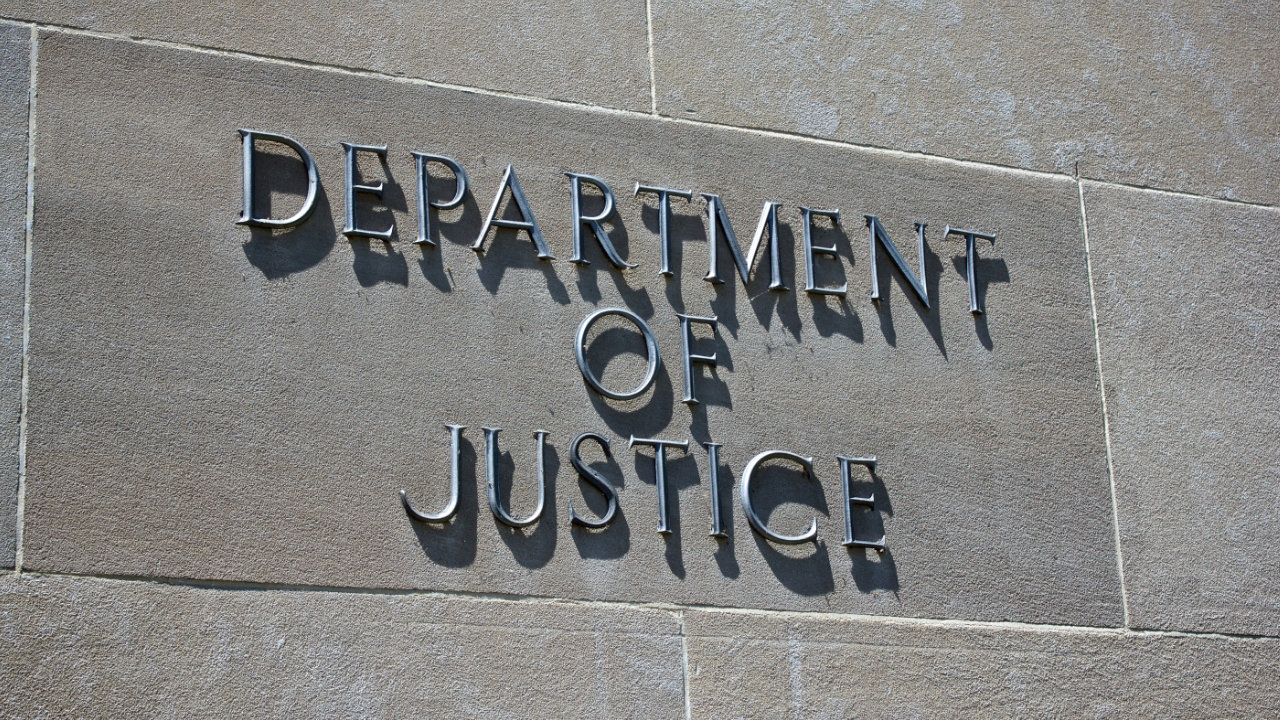
Delo was allowed to leave the country to travel to Hong Kong where he is a resident, bringing to a close his part in the legal saga which began in 2020.
Benjamin Delo the co-founder of cryptocurrency exchange BitMEX has been sentenced to 30 months probation for violating the Bank Secrecy Act (BSA), which is an anti-money laundering law.
The sentence, handed down at a federal court in New York on June 15th, follows his guilty plea to charges in February of “willfully failing to establish, implement and maintain an Anti-Money Laundering (AML) program” in his role at BitMEX.
Prosecutors had argued Delo should serve a year in prison or at least receive a two-year probation along with six months of home detention, as was given to former CEO Arthur Hayes in May.
For Delo, his lesser sentence closes the legal saga which started in October 2020 which also saw co-founders Hayes and Samuel Reed along with BitMEX’s first official employee Gregory (Greg) Dwyer charged with similar violations.
Judge John Koeltl called Delo's violations “very serious” and said that heo knew BitMEX was breaking U.S. laws by not implementing an AML and know your customer (KYC) system.
Judge Koeltl noted however that the exchange did later take steps to rectify the issue and become compliant.
“When I look back, I see a fundamental failure to address a flaw in our systems," Delo told the court, adding he deeply regrets the actions that brought him in contact with the justice system and vowed that it would be his last brush with it.
A citizen of the United Kingdom residing in Hong Kong, Judge Koeltl ordered Delo be allowed to serve his probationary sentence in Hong Kong.
Related: The CFTC’s action against Gemini is bad news for Bitcoin ETFs
Judge Koeltl also took into consideration the fact that Delo paid a $10 million fine settling a court order from May in a civil case brought by the Commodity Futures Trading Commission (CFTC) for violating aspects of the Commodity Exchange Act.
A spokesperson for Delo's legal team said after the sentencing hearing they’re pleased the court rejected “the government's cynical attempt to exaggerate the seriousness of the Bank Secrecy Act charge in this case.”
Delo’s lawyers said he intends to soon leave the U.S. for Hong Kong.
Meanwhile, Australian-born former BitMEX head of business development Greg Dwyer, who currently resides in Bermua, is in talks with the New York federal court to extend a deadline for filing pre-trial documentation according to the Sydney Morning Herald.
A letter sent to the court by Dwyer’s lawyer said “the parties continue to engage in discussions regarding a possible resolution to the matter.”



